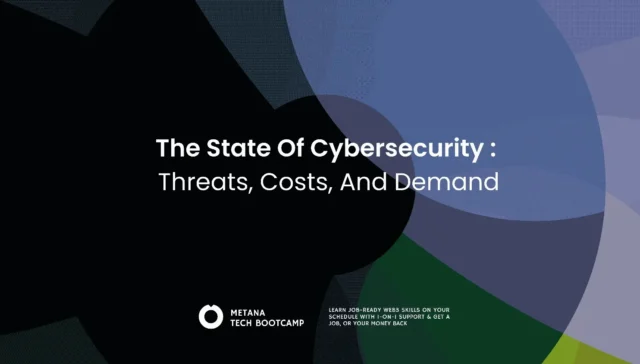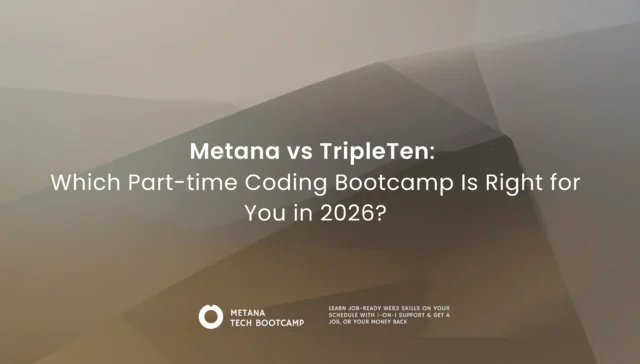TL;DR
- Solidity and Rust are key languages for smart contracts—Solidity for Ethereum, Rust for high-performance chains like Solana.
- Hardhat, Foundry, and Anchor are leading Web3 developer tools for building, testing, and deploying smart contracts.
- IPFS and Arweave offer decentralized storage, while The Graph and SubQuery help with efficient data indexing.
- MetaMask, Rabby Wallet, and WalletConnect power seamless wallet integrations for dApps.
- The Web3 developer stack in 2025 is expanding fast, with powerful tools enabling scalable, secure, and user-friendly decentralized applications.
The Evolution of Web3 Developer Tools
As we move through 2025, the Web3 space is maturing, offering developers a powerful ecosystem of frameworks, languages, and platforms.
Modern Web3 developer tools are designed to make decentralized app (dApp) development faster, safer, and more efficient than ever before.
This guide dives into the essential stack every Web3 developer should know.
Programming Languages and Smart Contract Development
At the core of Web3 development are smart contracts—autonomous programs that run on blockchains.
The top languages fueling this movement are Solidity and Rust.
Solidity: The Backbone of Ethereum Development
Solidity remains the most important language among Web3 developer tools for Ethereum and EVM-compatible networks.
- JavaScript-like syntax for easy onboarding
- Supported by libraries like OpenZeppelin for secure development
- Vital for DeFi protocols, DAOs, and NFT projects
Solidity continues to be essential as Ethereum evolves with layer-2 scaling and proof-of-stake.
Rust: High-Performance Web3 Development
Rust is rising fast as one of the must-know Web3 developer tools, especially for blockchains like Solana and NEAR.
- Known for memory safety and concurrency
- Crucial for building scalable, fast dApps
- Paired with Anchor to simplify Solana smart contract development
Both Solidity and Rust are key skills for future-proofing your Web3 career.
Development Frameworks and Environments
Efficient development relies heavily on frameworks that simplify building, testing, and deploying dApps.
Hardhat: The Go-To for Ethereum Developers
Hardhat is a leading name among Web3 developer tools for Ethereum.
- Local blockchain simulation for testing
- Advanced debugging and error handling
- Integrates seamlessly with ethers.js and web3.js
Hardhat accelerates prototyping and deployment for Ethereum-based dApps.
Foundry: The High-Performance Framework
Built in Rust, Foundry is another rising star in the Web3 developer tools ecosystem.
- Super fast Solidity testing and deployment
- Supports writing tests directly in Solidity
- Optimized for speed and modular workflows
Foundry is quickly becoming a favorite for performance-focused developers.
Anchor: The Solana Developer’s Framework
For Rust-based blockchains like Solana, Anchor is the ultimate Web3 developer tool.
- Simplifies program writing and testing
- Built-in security best practices
- Great for building scalable, secure dApps on Solana
Choosing the right development framework is crucial for a productive Web3 development journey.
Front-End Integration and User Interaction
Web3 developer tools also extend to front-end integration, bridging smart contracts and user interfaces.
- Ethers.js and Web3.js: Core libraries for connecting dApps to Ethereum blockchains.
- Viem: A newer type-safe library for TypeScript users.
Seamless front-end integration ensures users can interact with dApps easily and securely.
Decentralized Storage and Data Indexing
Modern dApps need decentralized storage and efficient blockchain data querying.
Decentralized Storage Solutions
- IPFS: Peer-to-peer file storage for decentralized apps.
- Arweave: Permanent, immutable data storage with blockweaving technology.
These Web3 developer tools guarantee long-term, censorship-resistant data access.
Blockchain Indexing Tools
- The Graph: Indexes Ethereum data into subgraphs, accessible via GraphQL.
- SubQuery: Scalable indexing for chains like Polkadot and Kusama.
Without decentralized storage and indexing tools, building scalable dApps would be almost impossible.
Wallet Integration and User Authentication
Secure wallet integration is a vital part of modern Web3 developer tools.
- MetaMask: The most popular Ethereum wallet, available on browsers and mobile.
- Rabby Wallet: A newcomer focusing on UX improvements and enhanced security.
- WalletConnect: Connects mobile wallets to dApps via QR code or deep links.
Wallet integration ensures smooth onboarding, secure transactions, and better user experience.
Integrated Development Environments (IDEs)
A powerful IDE can dramatically improve coding productivity for Web3 developers.
Remix IDE
- Browser-based Solidity IDE for beginners and prototyping
- No local installation required
Visual Studio Code + Solidity Plugins
- Powerful extensions for Solidity development
- Linting, syntax highlighting, testing integration
ChainIDE
- Cloud-based IDE supporting multiple chains
- Great for collaborative and cross-chain projects
Choosing the right IDE is critical for effective smart contract development.
Future Outlook: The Next Era of Web3 Developer Tools
The future of Web3 developer tools looks bright.
- New frameworks will improve cross-chain compatibility
- AI will increasingly assist with smart contract audits and optimization
- Decentralized storage and privacy tools will evolve further
- Expect smoother onboarding for developers new to Web3
Developers who stay current with the best Web3 developer tools will be well-positioned to create the next generation of decentralized apps and protocols.
FAQs
What are the main programming languages used for Web3 development?
Solidity for Ethereum-based applications and Rust for high-performance chains like Solana and NEAR Protocol dominate Web3 developer tools today.
Which frameworks are best for Ethereum and Solana development?
Hardhat and Foundry are essential for Ethereum development, while Anchor is the go-to framework for building Solana dApps.
How does decentralized storage work in Web3?
IPFS distributes files across peer nodes, ensuring data persistence. Arweave guarantees permanent storage through a blockweaving model, making it ideal for NFTs, historical archives, and dApp data.
What are the most popular wallets for interacting with dApps?
MetaMask remains the standard for Ethereum dApps. Rabby Wallet offers a newer, more secure experience, and WalletConnect bridges dApps with a wide range of mobile wallets.







